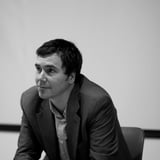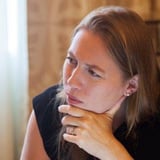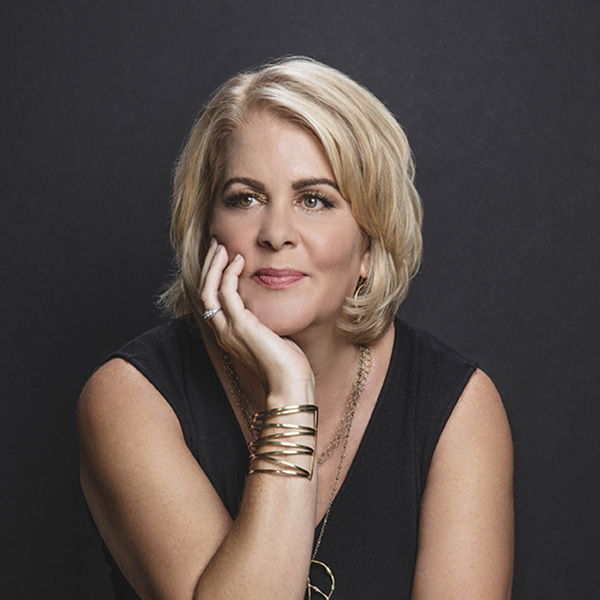This video is featured in the PDI 2026 playlist.
Summary
Organizations are organic, evolving systems with complex relational dynamics and power structures, both within the system and among its people. These systems are being reshaped by shifts in culture and technology, just as the research function and methodologies are. As researchers take on a more powerful, holistic role as knowledge curators, we must rethink how we communicate and navigate these complexities to drive meaningful change. By considering these changed relational dynamics, we will explore how researchers can center themselves to transform insights into received wisdom that has the power to shape and influence organizational systems at scale.
Key Insights
-
•
User research has become overly focused on transactional, prototype-driven insights limiting broader organizational impact.
-
•
Researchers' core purpose should be to help organizations learn about customers and themselves through systemic feedback loops.
-
•
Gareth Morgan's organizational metaphors reveal how dominant lenses shape what organizations see and ignore.
-
•
The 20th-century 'machine' lens emphasizes breaking problems into parts, efficiency, hierarchy, and control but neglects holistic complexity.
-
•
The 21st-century 'techno-optimist hacker' lens prioritizes rapid innovation and growth but often creates blind spots and social consequences.
-
•
A living systems lens sees organizations as dynamic networks of relationships, encouraging systemic thinking and long-term effects consideration.
-
•
In an era of perpetual upheaval, the essential leadership ability is navigating complex, ambiguous systems through learning and adaptation.
-
•
Researchers must develop consulting, facilitation, and influencing skills to become effective agents of organizational learning.
-
•
Practicing systems thinking can start with small, tactical actions like mapping stakeholders and processes to reveal hidden misalignments.
-
•
Sensemaking is the researcher's superpower to integrate fragmented information, reveal organizational lenses, and drive better decision-making.
Notable Quotes
"Simon Roberts calls this the UX ification of research, which leads to a more transactional focus on informing technology requirements."
"The only thing any of us can control is how quickly we learn and then act based on that learning."
"Researchers make customers visible inside the organization, but also help the organization learn about itself."
"A metaphor is like a flashlight—it shines on some things and keeps others in the dark."
"The machine lens gave us hierarchy, bureaucracy, and a focus on efficiency and control, but it sidelines holistic thinking."
"The techno-optimist hacker lens believes growth is the only metric that matters, enabling disruption but causing blind spots."
"A living systems lens urges us to see wholes, holes, and interdependent relationships in organizations."
"We’re not going back to stability; we’re riding this wave of perpetual upheaval and must learn to surf it."
"Learning is the new knowing, and researchers are catalysts of organizational learning."
"Sensemaking is your superpower as a researcher to amplify your impact beyond user experience mechanics."
Or choose a question:
















More Videos

"Welcome to the AI party, we've got 10 years of research to share."
Dan SafferWhy AI projects fail (and what we can do about it)
May 14, 2025

"You can’t fail 90 times out of 10 without laughing at yourself to keep going."
Erin WeigelUX Lessons from running more than 1,200 A/B Tests
July 10, 2024

"If you haven’t taken command and control of your story someone else has, and it’s likely not the story you want to be told."
Jon FukudaStorytelling for DesignOps
August 17, 2023

"Research is like a compass, not a map—it provides direction but not all the details along the way."
Cassini Nazir Meah LinThe Dangers of Empathy: Toward More Responsible Design Research
March 27, 2023

"Slowing down is not inefficiency; it is a commitment to dignity and trust."
Rachael Dietkus, LCSWThe power to heal and harm
March 13, 2025

"Our content must be concise, consistent, and actionable to reduce uncertainty for users."
Alan Williams Rose DeebDesigning essential financial services for those in need
February 10, 2022

"Failure is when effort did not produce the desired result, not putting in the effort in the first place."
Dan WardFailure Friday #1 with Dan Ward
February 7, 2025

"As a civic designer, it’s really up to you to hold managers accountable for their promises on inclusion."
Yalenka Mariën Marie MervaillieDesigning for Digital Inclusion in the Belgian Government
December 8, 2021

"Not all changes create value; some do nothing or even make things worse."
Erin WeigelGet Your Whole Team Testing to Design for Impact
July 24, 2024
Latest Books All books
Dig deeper with the Rosenbot
What role does visualizing funding distributions (like 'sausage' diagrams) play in improving portfolio management?
How does shifting organizational language from AI as a tool to AI as a way of working reflect cultural maturity?
How can parallelizing activities like hiring and market discovery speed up time-to-market in new country launches?
















